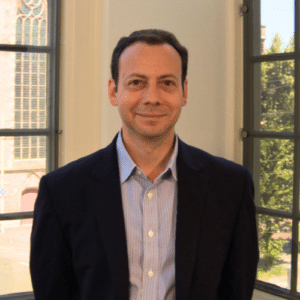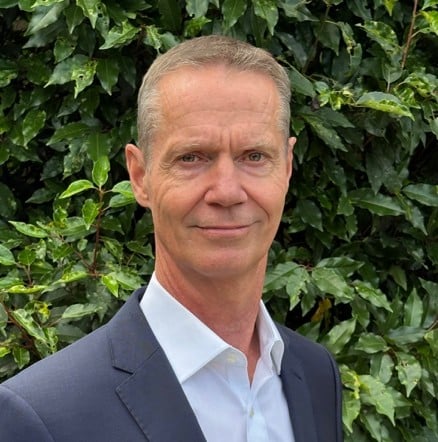On Future War
“From trenches to cyberspace: understanding tomorrow’s conflicts today.”
The HCSS research programme On Future War explores how the nature of war endures, even as its character transforms.
From Ukraine’s trenches to the cyber corridors of Brussels and Taipei, today’s conflicts merge kinetic, connected, and synthetic dimensions. We examine how advanced technologies, hybrid threats, and political mobilisation are reshaping strategy, deterrence, and resilience. By bridging the perspectives of traditionalists and futurists, our work seeks to understand both high-tech and low-tech conflict, offering insights that help policymakers navigate an increasingly complex and contested security environment.
Catch up on all of HCSS’s work on the future of warfare
HCSS analyses how technological innovation—from AI and unmanned systems to cloud-enabled C4ISR—reshapes modern warfare. Our research identifies capability gaps and opportunities for NATO’s digital modernisation to ensure interoperability and operational advantage. We explore how emerging technologies affect cross-domain deterrence and strategic stability, while also challenging assumptions about their universal applicability. For much of the world, conflict remains rooted in guerrilla tactics and proxy warfare, demanding strategies that combine high-tech innovation with pragmatic, context-specific approaches.
Hybrid threats blur the line between war and peace, combining cyberattacks, disinformation, and physical sabotage. HCSS research develops frameworks to counter such tactics, strengthening both hard security and societal resilience. We address unconventional threats—from underwater infrastructure sabotage to seabed security—offering practical policy measures to protect critical interests. Our work emphasises that effective defence requires more than technology; it demands cohesive political will, adaptive strategy, and public awareness to anticipate and respond to evolving challenges.
While warfare’s tools and tactics evolve, its underlying nature—political, emotional, and unpredictable—remains constant. HCSS examines how history, culture, and human behaviour continue to shape conflict, alongside technological change. We study cases from Ukraine to Taiwan, analysing both conventional and irregular warfare, great-power competition, and social fracture. By integrating strategic theory with contemporary realities, our research challenges the tendency to view war as either a relic or a purely technological contest, revealing its enduring complexity and adaptability.
HCSS publishes research reports on the changing character of war, commissions contributions from international scholars, and convenes international and national symposia with key experts from across the globe. HCSS analysts regularly share their views on war’s past, present and future in political and public fora, through expert testimony in parliamentary committees, participation in Track 2.0 and 1.5 Dialogues, and in contributions to national and international media outlets.













